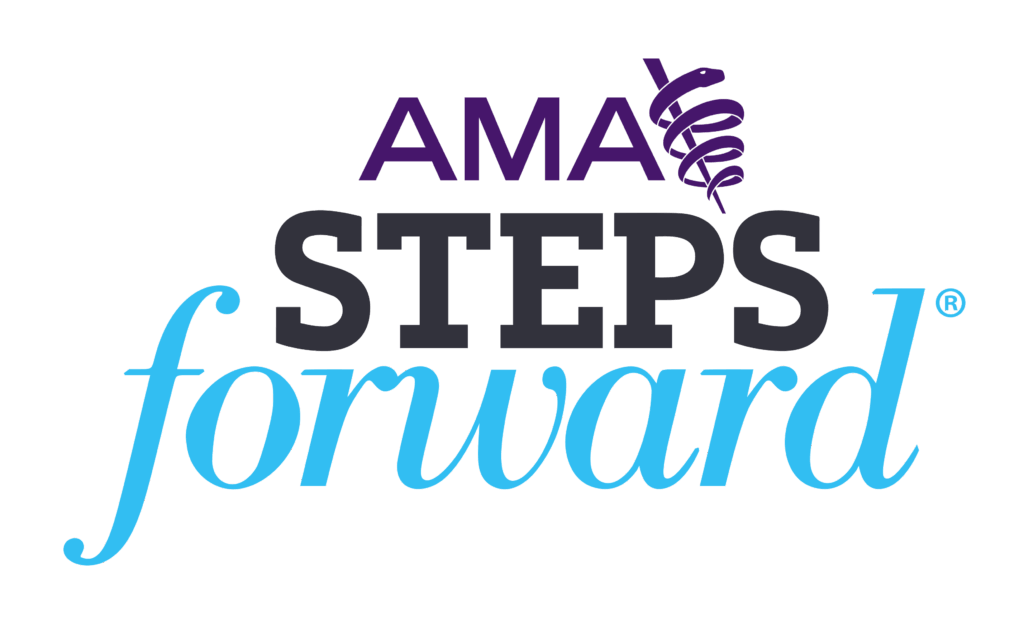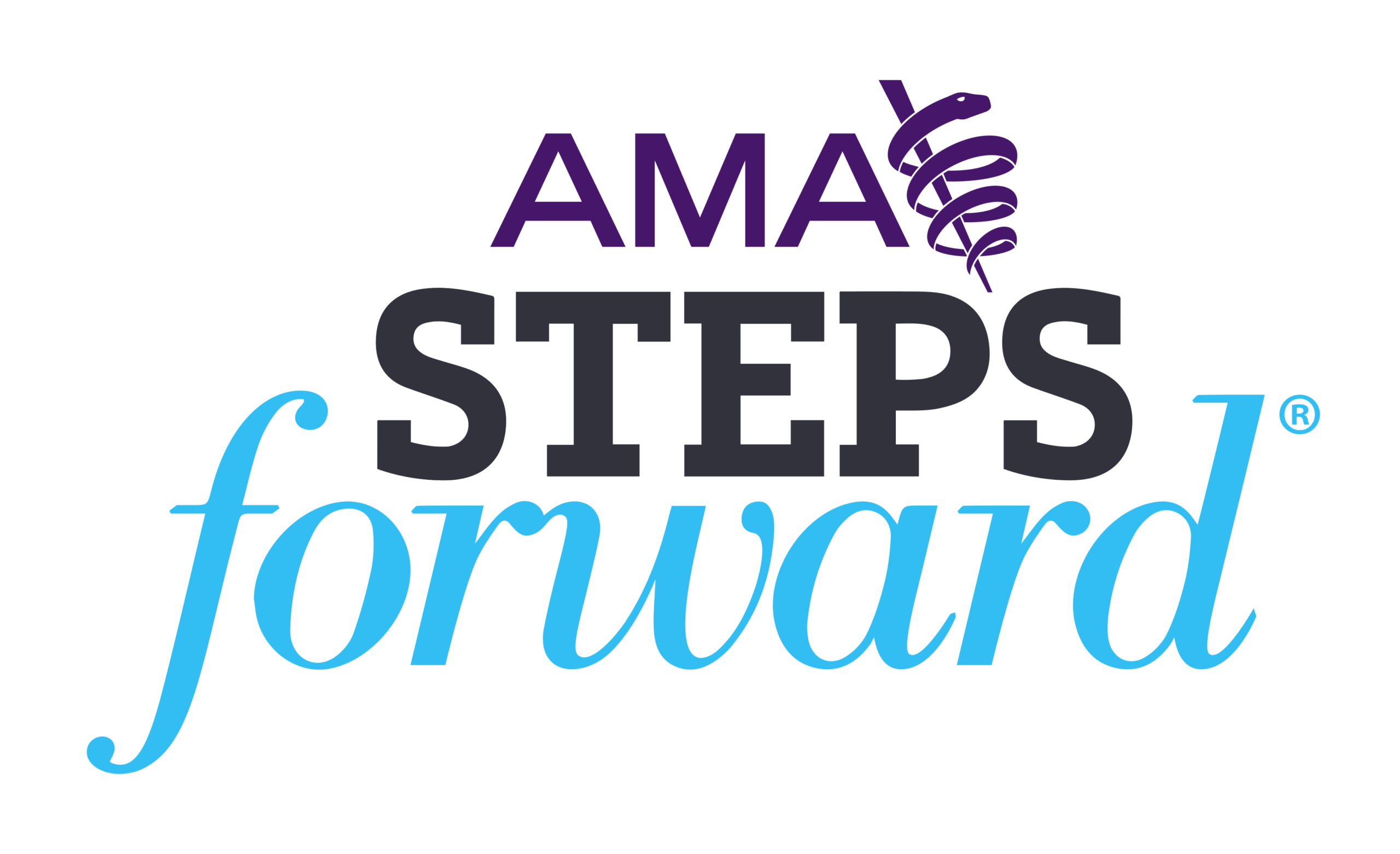
Navigating the Complexities of AMA, Ed Hub, and DEA Interactions
The healthcare landscape is a complex web of regulations, guidelines, and educational resources, all designed to ensure patient safety and promote best practices. Among the key players in this ecosystem are the American Medical Association (AMA), educational hubs (Ed Hubs), and the Drug Enforcement Administration (DEA). Understanding how these entities interact is crucial for healthcare professionals, policymakers, and anyone involved in the medical field. This article delves into the roles of the AMA, Ed Hubs, and the DEA, exploring their functions, relationships, and the impact they have on healthcare delivery. We will explore the significance of the **AMA Ed Hub DEA** nexus, and how it impacts the medical community.
Understanding the American Medical Association (AMA)
The American Medical Association (AMA) stands as the largest and most influential professional organization for physicians and medical students in the United States. Founded in 1847, the AMA’s mission is to promote the art and science of medicine and the betterment of public health. It achieves this through a variety of activities, including:
- Advocacy: The AMA actively lobbies on behalf of physicians and patients, advocating for policies that support quality healthcare and address public health challenges.
- Education: The AMA provides a wide range of educational resources for physicians, including continuing medical education (CME) courses, journals, and clinical guidelines.
- Ethical Standards: The AMA develops and maintains a code of ethics for physicians, providing guidance on professional conduct and patient care.
- Research: The AMA supports medical research and publishes scientific journals that disseminate new knowledge and advancements in medicine.
The AMA plays a vital role in shaping the healthcare landscape by influencing policy, setting ethical standards, and promoting medical education. Its commitment to advancing the art and science of medicine makes it a central figure in the medical community. The AMA also offers resources through its **AMA Ed Hub**.
Exploring the Role of Educational Hubs (Ed Hubs)
Educational hubs, often referred to as Ed Hubs, serve as centralized platforms for accessing a wide range of educational resources and training programs. These hubs are designed to facilitate continuous learning and professional development for healthcare professionals. Ed Hubs can be affiliated with universities, hospitals, professional organizations, or private companies. Their key functions include:
- Centralized Access: Ed Hubs provide a single point of access to a variety of educational materials, including online courses, webinars, articles, and clinical guidelines.
- Continuing Education: They offer continuing education credits (CEUs) and continuing medical education (CME) credits, which are often required for maintaining professional licensure.
- Specialized Training: Ed Hubs may offer specialized training programs in specific areas of medicine, such as surgery, cardiology, or oncology.
- Knowledge Sharing: They facilitate knowledge sharing among healthcare professionals through forums, discussion boards, and networking events.
Ed Hubs play a crucial role in ensuring that healthcare professionals have access to the latest information and training needed to provide high-quality care. They support lifelong learning and help to bridge the gap between research and clinical practice. The **AMA Ed Hub** is a prime example, providing valuable resources to physicians.
Understanding the Drug Enforcement Administration (DEA)
The Drug Enforcement Administration (DEA) is a federal law enforcement agency responsible for combating drug trafficking and enforcing the controlled substances laws and regulations of the United States. The DEA’s primary mission is to prevent the diversion and abuse of controlled substances, while ensuring that legitimate medical needs are met. Key functions of the DEA include:
- Enforcement: The DEA investigates and prosecutes individuals and organizations involved in drug trafficking and the illegal distribution of controlled substances.
- Regulation: The DEA regulates the manufacturing, distribution, and dispensing of controlled substances, ensuring that these substances are used for legitimate medical purposes.
- Compliance: The DEA monitors healthcare professionals who prescribe controlled substances to ensure compliance with federal regulations and prevent drug diversion.
- Education: The DEA provides education and outreach programs to raise awareness about the dangers of drug abuse and the importance of responsible prescribing practices.
The DEA plays a critical role in protecting public health and safety by preventing the diversion and abuse of controlled substances. Its enforcement and regulatory activities help to ensure that these substances are used responsibly and for legitimate medical purposes. The DEA’s oversight is crucial for preventing the opioid crisis and other drug-related harms.
The Interplay Between AMA, Ed Hub, and DEA
The AMA, Ed Hubs, and the DEA operate within distinct spheres, but their activities are interconnected and often overlap. Understanding these interactions is essential for navigating the complexities of the healthcare landscape. Here’s how these entities relate to one another:
- Education and Compliance: The AMA and Ed Hubs provide educational resources and training programs that help healthcare professionals comply with DEA regulations. For example, the AMA offers CME courses on responsible opioid prescribing, which are designed to help physicians meet DEA requirements and prevent drug diversion. The **AMA Ed Hub** often features content on DEA compliance.
- Policy and Regulation: The AMA advocates for policies that support responsible prescribing practices and address the opioid crisis, often working in collaboration with the DEA. The AMA also provides guidance to physicians on interpreting and complying with DEA regulations.
- Research and Prevention: The AMA and Ed Hubs support research on drug abuse and addiction, and they develop prevention programs to reduce the risk of drug-related harms. The DEA uses this research to inform its enforcement and regulatory activities.
- Communication and Collaboration: The AMA, Ed Hubs, and the DEA engage in ongoing communication and collaboration to address emerging challenges in the healthcare field. They share information, coordinate efforts, and work together to promote patient safety and public health.
The collaborative efforts of the AMA, Ed Hubs, and the DEA are crucial for addressing complex healthcare challenges, such as the opioid crisis. By working together, these entities can promote responsible prescribing practices, prevent drug diversion, and ensure that patients receive the care they need. The **AMA Ed Hub DEA** relationship is paramount for effective healthcare practices.
The Significance of Continuing Medical Education (CME)
Continuing Medical Education (CME) is a critical component of professional development for physicians and other healthcare professionals. CME activities are designed to help practitioners stay up-to-date on the latest medical knowledge, clinical guidelines, and best practices. The AMA plays a central role in accrediting CME providers and ensuring the quality of CME activities. Ed Hubs often serve as platforms for delivering CME courses and tracking CME credits.
The DEA also has a vested interest in CME, particularly in the area of controlled substance prescribing. The DEA requires physicians who prescribe controlled substances to complete specific CME courses on responsible prescribing practices. These courses cover topics such as pain management, addiction treatment, and drug diversion prevention. By completing these CME courses, physicians can demonstrate their commitment to responsible prescribing and compliance with DEA regulations. The **AMA Ed Hub** is a key resource for these CME requirements.
Challenges and Opportunities
Despite the collaborative efforts of the AMA, Ed Hubs, and the DEA, there are still challenges in navigating the complexities of the healthcare landscape. Some of these challenges include:
- Information Overload: Healthcare professionals are often overwhelmed by the sheer volume of information available to them. Ed Hubs can help to address this challenge by providing curated and organized access to relevant resources.
- Regulatory Complexity: DEA regulations can be complex and difficult to interpret. The AMA and Ed Hubs can provide guidance and support to help physicians comply with these regulations.
- Changing Landscape: The healthcare landscape is constantly evolving, with new technologies, treatments, and regulations emerging all the time. Healthcare professionals need to stay informed and adapt to these changes.
Despite these challenges, there are also opportunities to improve the coordination and collaboration of the AMA, Ed Hubs, and the DEA. Some of these opportunities include:
- Enhanced Communication: Improving communication and information sharing between these entities can help to streamline processes and reduce duplication of effort.
- Integrated Platforms: Developing integrated platforms that combine educational resources, regulatory information, and enforcement data can make it easier for healthcare professionals to access the information they need.
- Data Analytics: Using data analytics to identify trends and patterns in drug prescribing and abuse can help to inform prevention and enforcement efforts.
Addressing these challenges and capitalizing on these opportunities can help to create a more efficient, effective, and patient-centered healthcare system. The collaborative efforts of the **AMA Ed Hub DEA** are essential for achieving this goal.
The Future of AMA, Ed Hub, and DEA Interactions
The future of healthcare will likely see increased collaboration and integration between the AMA, Ed Hubs, and the DEA. As technology continues to advance, there will be new opportunities to improve communication, streamline processes, and enhance patient care. Some potential future trends include:
- Telemedicine: The increasing use of telemedicine will require new regulations and guidelines to ensure patient safety and prevent drug diversion. The AMA, Ed Hubs, and the DEA will need to work together to develop these regulations and guidelines.
- Artificial Intelligence: Artificial intelligence (AI) can be used to analyze data and identify patterns in drug prescribing and abuse. This information can be used to inform prevention and enforcement efforts.
- Personalized Medicine: Personalized medicine, which tailors treatment to the individual patient, will require new approaches to drug prescribing and monitoring. The AMA, Ed Hubs, and the DEA will need to adapt to these new approaches.
The **AMA Ed Hub DEA** trio must continue to evolve and adapt to these changes to ensure that healthcare professionals have the resources and support they need to provide high-quality care and protect patient safety. The continuous interplay between these entities is paramount in shaping the future of medicine.
Conclusion
The American Medical Association (AMA), educational hubs (Ed Hubs), and the Drug Enforcement Administration (DEA) are all essential components of the healthcare ecosystem. Understanding their roles, relationships, and interactions is crucial for healthcare professionals, policymakers, and anyone involved in the medical field. By working together, these entities can promote responsible prescribing practices, prevent drug diversion, and ensure that patients receive the care they need. The ongoing collaboration between the **AMA Ed Hub DEA** is vital for navigating the complexities of the healthcare landscape and improving patient outcomes. The **AMA Ed Hub DEA** collaboration ensures the medical community remains informed and compliant. The **AMA Ed Hub DEA** focuses on improving healthcare practices. The **AMA Ed Hub DEA** provides resources for medical professionals. The **AMA Ed Hub DEA** is a critical partnership. The **AMA Ed Hub DEA** promotes patient safety. The **AMA Ed Hub DEA** addresses challenges in healthcare. The **AMA Ed Hub DEA** strives for a better healthcare system. The **AMA Ed Hub DEA** is committed to continuous improvement. The **AMA Ed Hub DEA** is a significant force in healthcare. The **AMA Ed Hub DEA** works together for the betterment of the medical field. The **AMA Ed Hub DEA** ensures responsible prescribing practices. The **AMA Ed Hub DEA** is dedicated to preventing drug diversion. The **AMA Ed Hub DEA** supports healthcare professionals. The **AMA Ed Hub DEA** provides essential education. The **AMA Ed Hub DEA** is an important collaboration. The **AMA Ed Hub DEA** is a vital partnership for healthcare.
[See also: Opioid Prescribing Guidelines]
[See also: DEA Compliance for Physicians]
[See also: Continuing Medical Education Resources]

